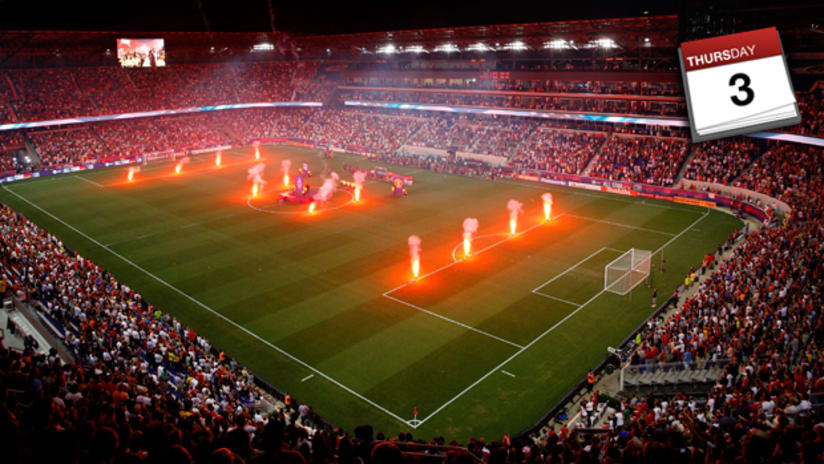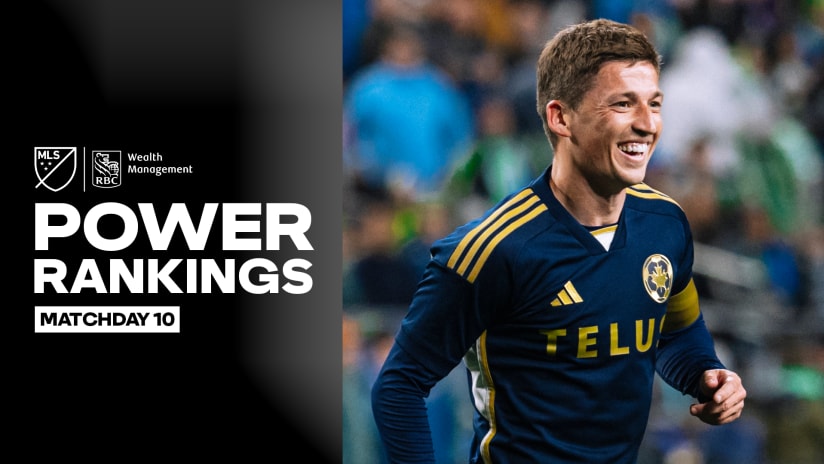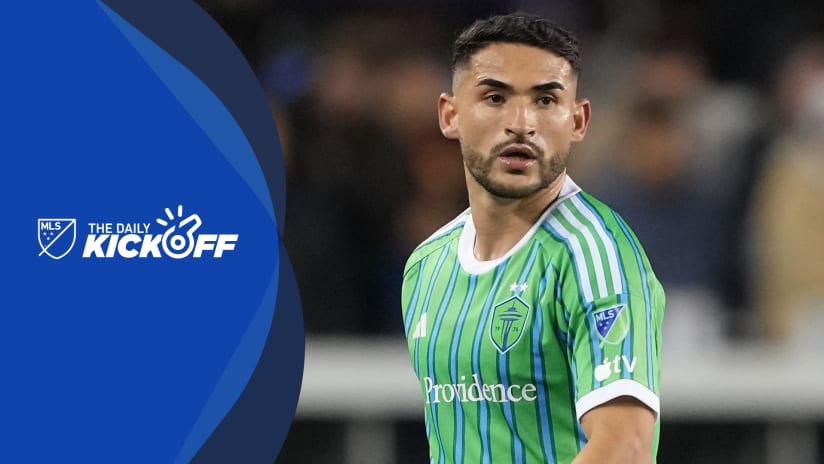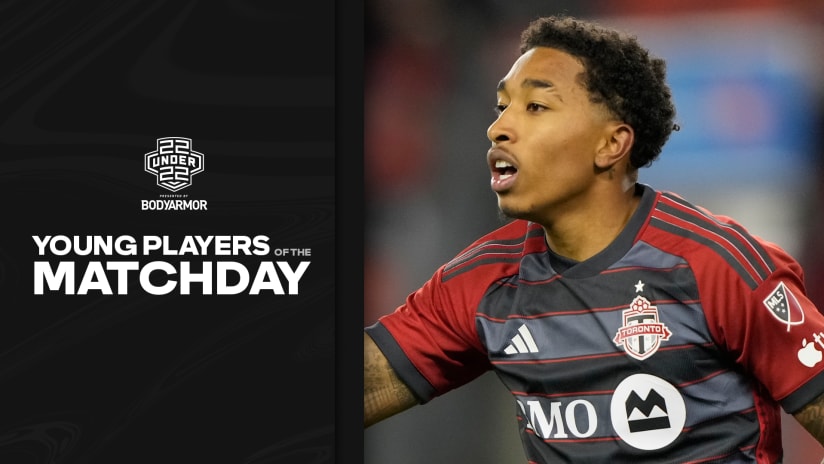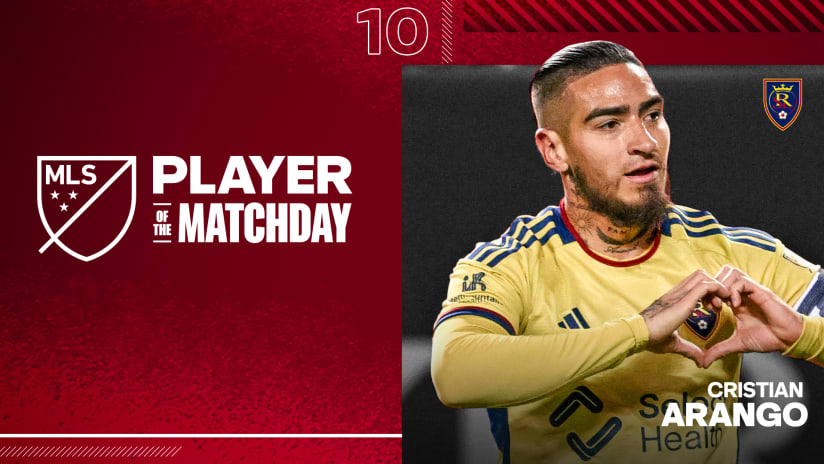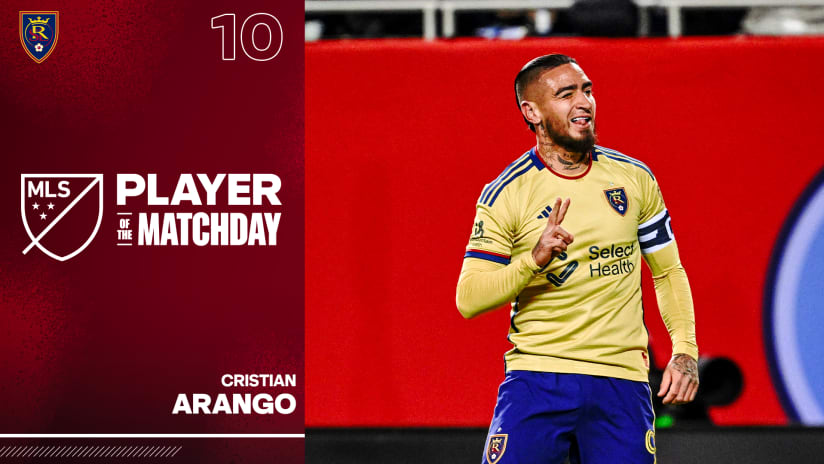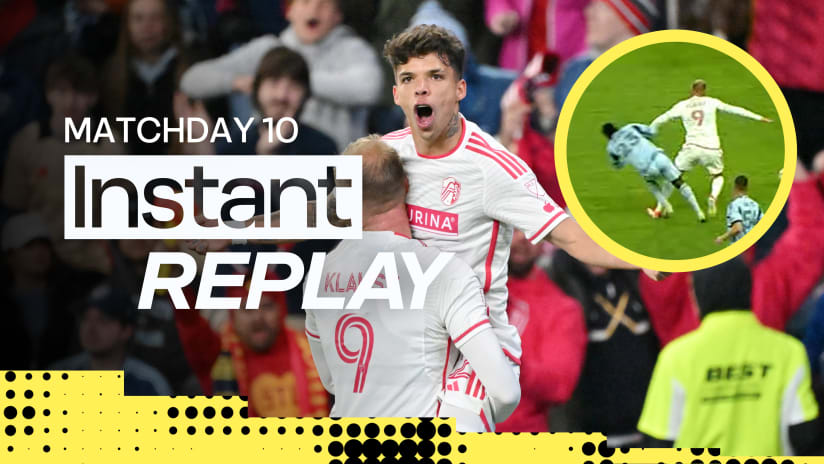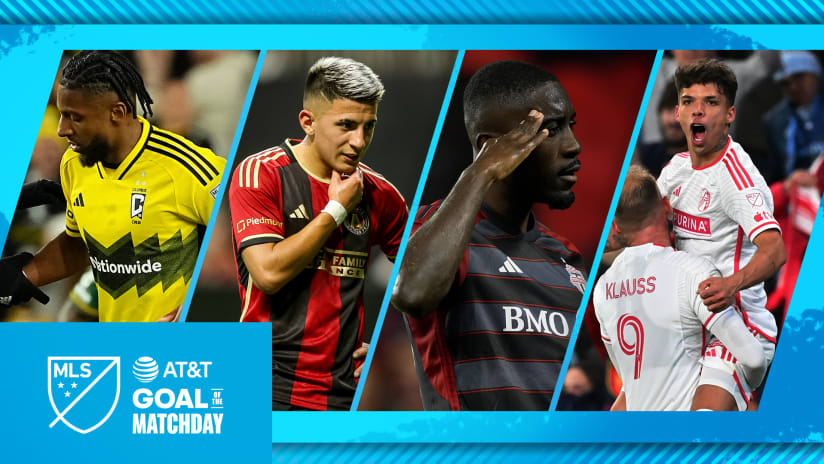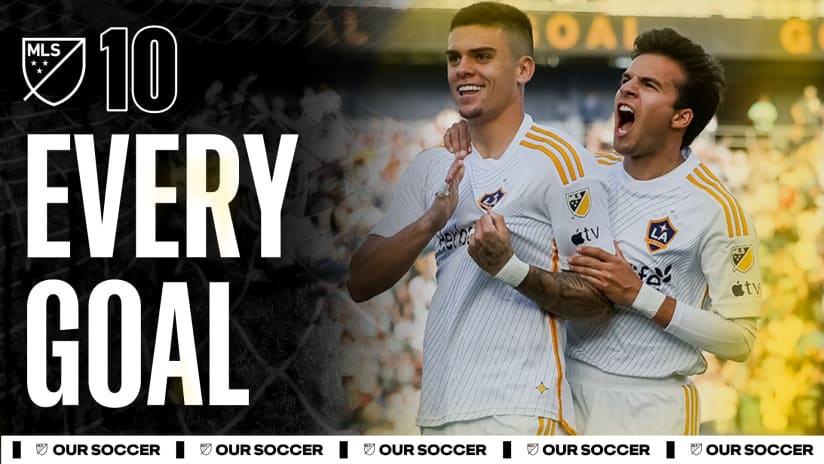OK, OK. So the MLS All-Star Game didn’t exactly go as planned for MLS fans on Wednesday night. And if you’re a Manchester United fan, congratulations and try some Tylenol, because you got crazy even after the bar closed.
Manchester United were once again the emphatically better team in a 4-0 win, flashing moments of their brilliance seemingly whenever they needed, and leaving MLS with a nasty hangover for the second straight season.
But despite the loss, the game itself felt far different this year than it did following 2010’s game, when the Red Devils romped over the MLS side in front of a booming crowd at Reliant Stadium, instantly changing the way the league approached this year’s event.
Today’s Three for Thursday takes a look at the three things we learned from this year’s game as MLS begins its preparations for next year’s showcase.
1. The competition model works
There were definitely some naysayers after the MLS left Houston with their tails between their legs following last year’s 5-2 loss to Manchester United. Some wanted the ASG to return to a traditional East-West affair, and others simply wanted the league to tone down the opponent to something more realistic for MLS, akin to past games (and wins) over Fulham and West Ham United.
But there’s no way the league should back away from the MLS vs. The World model now, and the big-league opponents should stay. This event isn’t necessarily a proving ground for MLS to show its merit as a league (the players would tell you that even if they’d beaten Man. United’s preseason squad on Wednesday), because it’s a given MLS isn’t what Manchester United are. This is a summer showcase, pure and simple. It’s a chance for big stars to play in a big game, and repay their fans for their support by scheduling one heck of a show.
Don’t back away now just so MLS can prove their best team can beat a second-tier English team; we already knew that.
2. The coach’s selection model works
The idea that the All-Star head coach would have such large control over his 22-man roster was a dangerous one, but it was a hit. Head coach Hans Backe absolutely reveled in the chance to pick from the best in MLS to try and field a team to beat Manchester United, and it was a whole lot of fun to watch him do it.
Of course, the fan vote should stay (now if only we could figure out that tricky CCL scheduling thing, which has to be priority next year), but it was a breakthrough idea to give the coach so much of a say. To borrow from the famous Bill Parcells model, if an MLS coach is going to try and cook up a win against Manchester United, at least let the man buy the groceries. That made the roster more of a competition and a talking point, and then watching how Backe positioned his troops was half the fun of the game itself.
3. The smaller-scale stadium model works
MLS scaled back the game’s exposure this season after going big in Houston last year, and it was a welcome change. Of course we understood the reasoning last season — more exposure for Manchester United’s debut in the match, more exposure for the league — but those days are done. Hosting this year’s game at the American soccer Mecca made this one more exclusive, more intimate, more genuine. In short: It felt like a real soccer match.
MLS finally has the facilities in place almost league-wide to ensure that when the games get big, it doesn’t always have to play them under a high-def scoreboard the size of a New York City block. Show off what the league has built over the years, not what big bucks buys the NFL. When it comes to this game, don’t make it feel like it’s the Super Bowl or the Rose Bowl. It’s the MLS All-Star Game. Make it your own.


